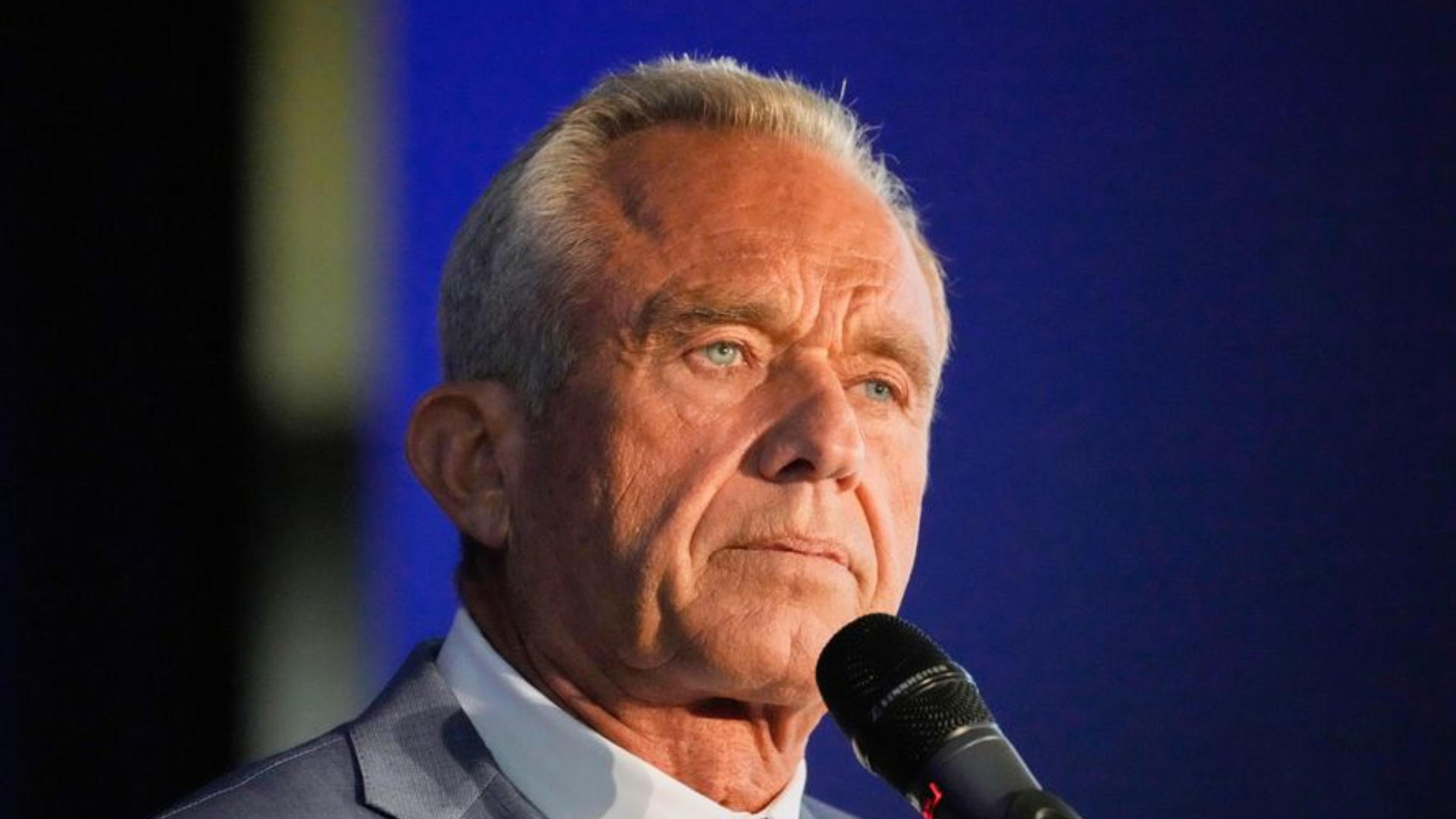Washington, D.C. — The chief of staff of the Army, Gen. Mark Milley, said Wednesday that the Army had made a “significant amount of omissions” following a review launched in the wake of revelations that Texas church shooter Devin Kelley’s military criminal history was not properly relayed by the Air Force to the appropriate databases, which would have prevented Kelley from purchasing a firearm.
“There are gaps and failures on our part to report into the FBI; not just the FBI but other law enforcement agencies,” Milley told reporters at the Pentagon.
“The data I saw, and again we are drilling into it to make sure it’s accurate, we have a significant amount of omissions that concern the secretary and I, and it clearly tells us that we need to tighten up as well,” Milley said.
“It’s not just an Air Force problem, this is a problem across all the services where we have gaps in reporting criminal activity of people in service when they’re convicted or they get a dishonorable discharge, those sorts of things, and getting that over to the appropriate law enforcement agencies,” he added.
Milley said that in addition to bad conduct discharges like the one Kelley received, dishonorable discharges, which involve serious crimes and number about 150 cases per year, are required to be reported.
“There’s a whole series of categories that are explicitly listed out, and as we look at ourselves and we score ourselves out there, it’s not too bad but there’s enough gaps in there that we need to tighten it up,” Milley said.
He said the Army had already begun to report these cases to the appropriate authorities.
Asked what percentage was going unreported Milley said he did not have the exact data but added: “The percentage is too high. It’s probably in the 10 to 20% of all cases.”
Milley said there are “several lessons here for us that we have to fix pretty quickly,” adding that “the standard is there. We need to make sure that we are enforcing the standard completely.”
“There’s some process, there’s some technological challenges, but those are minor. It’s a fundamental issue of understanding what the standard is and making sure we are enforcing that standard. That’s what it comes down to,” he said.
“We need to make sure every one of those gets transmitted over to the civilian law enforcement agencies.”
The-CNN-Wire ™ & © 2017 Cable News Network, Inc., a Time Warner Company. All rights reserved. (Photo:Pixabay/ CC0 Creative Commons)





















